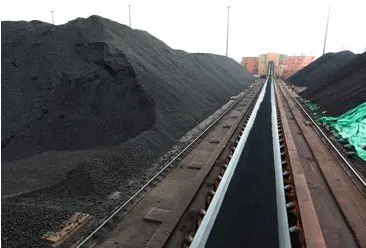Rapid Action Battalion (RAB) elite force stand guard during a protest in Dhaka, capital of Bangladesh on Jan. 6, 2013. Bangladesh's main opposition alliance of the 18 opposition parties led by BNP attended a strike against price rising of diesel,petrol and kerosene. (Xinhua/Shariful Islam)
A dawn-to-dusk hartal in Bangladesh over petroleum price hike enforced by main opposition alliance passed off amid stray incidents of violence in the city and elsewhere in the country Sunday.
The pro-hartal activists vandalized and torched a number of vehicles while dozens of cocktails and some handmade bombs were exploded in many parts of the capital city.
Riot police shot rubber bullets and lobbed tear gas shells to disperse protesters who attempted to block roads and bring out procession along the major city streets, disrupting traffic.
Police arrest activistsof Bangladesh Nationalist Partyduring a protest in Dhaka, capital of Bangladesh on Jan. 6, 2013. (Xinhua/Shariful Islam)
During the hartal hours the protesters reportedly set fire to some vehicles in Dhaka. Police detained dozens of opposition alliance men as they locked horns in chase and counter-chase with the law enforcers.
The dawn-to-dusk hartal crippled the normal life and business transactions to some extent with many main markets and educational institutions closed.
On account of the hartal, private cars were rarely seen on Dhaka roads but a large number of man-peddled rickshaws appeared in the usually bustling streets along with the presence of public transport including city buses.
Ruling Bangladesh Awami League (AL) leaders and activists were seen bringing out anti-hartal procession and stay on many Dhaka streets.
The Bangladshi government Friday raised prices of octane, diesel, petrol and kerosene for the fifth time in its four years in office despite a threat by former prime minister Khaldea Zia's Bangladesh Nationalist Party (BNP)-led 18-party alliance to enforce a strike within a day of the hike.
Leaders and activists of BNP sit in front of an office during a protest in Dhaka, capital of Bangladesh on Jan. 6, 2013. (Xinhua/Shariful Islam)
The government raised the prices of petrol and octane by 5 taka, diesel and kerosene by 7 taka, saying the hike was needed to ease subsidy burden.
After the hikes, diesel and kerosene are being sold at 68 taka per liter, octane at 99 taka and petrol at 96 taka. Despite the latest hikes, officials said the government will have to provide a subsidy of 11.77 taka a liter for diesel and 12.15 taka for kerosene.
To avoid any untoward incident during the hartal over the petroleum price hike which created mixed reactions among stakeholders concerned, additional law enforcers were deployed in Dhaka streets.
In pre-hartal violence, at least seven buses were reportedly set on fire in the capital and five crude bombs exploded in the Dhaka University campus Saturday.
The ruling party blamed opposition alliance men for creating pre-hartal violence. But BNP spokesman Tariqul Islam Sunday claimed that it was not the opposition men rather the government agents and miscreants committed the pre-hartal violence aiming to frame their leaders and activists in false cases.
Eleven cases were filed against more than 100 opposition men Sunday for blasting cocktails and torching vehicles on the eve of the BNP-led 18-party alliance's hartal, which incidentally has come on a day when Prime Minister Sheikh Hasina's AL party-led coalition completes four years in office.
Political tension in Bangladesh heightened in December after the 18-party opposition alliance geared up anti-government agitation programs, demanding for the restoration of the non-party caretaker government system to hold parliamentary elections slated for early 2014.
Since June 2011 when Bangladesh Parliament abolished the non- party caretaker government system after an apex court verdict declared the 15-year-old constitutional provision illegal, the BNP- led alliance has been waging mass protests demanding for the reinstatement of the provision.
The scrapped provision mandated an elected government to transfer power to an unelected non-partisan caretaker administration to oversee a new parliamentary election on the completion of its term.
 简体中文
简体中文

